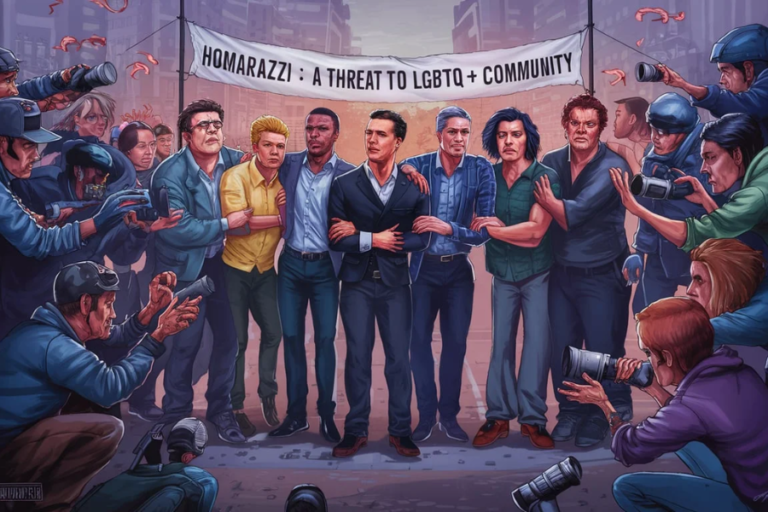Is Human Gathering a Scam? Debunking Myths and Understanding Realities
The media’s sensationalization and general misunderstanding of human gathering cults mask a unique social phenomenon that probes the core of human nature and belief systems. Public curiosity in these societies has been piqued for ages due to their closed and sometimes hidden nature. How complex are these cults? Let’s investigate their background, psychological foundations, and modern manifestations.
Historical Context of Human Gathering Cults
The roots of human gathering cults trace back to ancient times when religious sects and philosophical communities promoted communal living and shared beliefs. Groups like the Essenes in Judea or certain Gnostic sects in early Christianity can be considered precursors to modern cults, emphasizing withdrawal from mainstream society to form tight-knit communities. These early cults often emerged during periods of social upheaval or religious transformation, providing a refuge for those seeking solace and purpose outside the conventional norms.
Psychological Aspects of Cult Formation
Understanding why individuals join cults requires examining psychological motivations. People may be drawn to cults seeking belongingness, purpose, or spiritual fulfillment. The allure of charismatic leaders and the promise of a utopian lifestyle can also play significant roles in attracting followers. The need for identity formation, the search for meaning, and the desire for community are potent psychological drivers that cults exploit to recruit and retain members.
Characteristics of Human Gathering Cults
Human gathering cults often exhibit distinct characteristics such as strong hierarchical structures, isolation from mainstream society, and rigid belief systems. These cults utilize various methods to recruit and retain members, including social isolation, love-bombing (excessive affection and attention), and indoctrination techniques. The presence of an authoritarian leadership, which often exerts a profound influence over followers, is another hallmark of these groups.
Group Cohesion and Identity
Human gathering cults foster a strong sense of group identity and cohesion. Members often see themselves as part of an exclusive community with a unique purpose. This sense of belonging fulfills fundamental human needs and reinforces commitment to the group. Rituals and symbols play a significant role in these cults, creating shared experiences that strengthen group bonds and reinforce the cult’s ideology.
Psychological Effects on Members
The impact of cult involvement on individuals can be profound. Members often experience psychological manipulation, loss of autonomy, and emotional dependency on the group. While these groups can provide certain psychological benefits such as a sense of purpose, emotional support, and a structured environment, the negative effects often outweigh the positives. Members may face emotional manipulation, psychological distress, and difficulty reintegrating into society if they choose to leave the cult.
Positive Aspects
Despite the negative connotations, some members may initially find psychological benefits in cults, such as a sense of community, purpose, and support. For some, these aspects can create a compelling reason to stay, even when faced with negative consequences.
Negative Consequences
However, the negative psychological effects of cult involvement can be severe. These may include emotional manipulation, loss of personal autonomy, and psychological distress. Members may also experience difficulty reintegrating into society if they choose to leave the cult. The intense loyalty demanded by cults can lead to significant personal and social sacrifices.
Media Portrayal and Perception
Cults have been a subject of fascination in popular culture, portrayed in films, books, and documentaries. However, media representations often sensationalize or distort the realities of cult life, perpetuating stereotypes and misconceptions. These portrayals can contribute to a one-dimensional view of cults, focusing on their more dramatic and extreme aspects while ignoring the underlying psychological and social dynamics.
Legal and Ethical Considerations
Governments have grappled with regulating cult activities, balancing freedom of religion with protection against harmful practices. Ethical dilemmas arise when cults infringe upon human rights or engage in illegal activities. The challenge lies in distinguishing between legitimate religious or spiritual groups and those that engage in coercive or harmful practices.
Modern Examples of Human Gathering Cults
Recent decades have witnessed the rise of new-age cults, some with global reach and online presence. Groups like NXIVM or Heaven’s Gate highlight the enduring appeal of cults in contemporary society and the evolving nature of cult dynamics. These modern cults often adapt to new technologies and social trends, making them more sophisticated and harder to detect.
Cult Recovery and Support
Recovering from cult experiences often requires specialized support. Organizations and therapists provide resources for former members to reintegrate into society and heal from psychological trauma associated with cult involvement. Deprogramming involves undoing the psychological conditioning that members have undergone, with support from mental health professionals, family, and friends being crucial for recovery.
Research and Studies
Academic research sheds light on the mechanisms behind cult behavior, offering insights into group dynamics, leadership influence, and the psychology of indoctrination. Scientific inquiry helps demystify cults and inform preventive strategies. By examining specific case studies of human gathering cults, researchers gain deeper insights into their operation and impact.
Cults and Online Influence
The internet has become a fertile ground for cult recruitment and dissemination of ideologies. Social media platforms and online forums facilitate access to vulnerable individuals, presenting new challenges in combating online indoctrination. Online communities can function as virtual cults, exhibiting similar psychological dynamics.
Debunking Myths and Providing Education
Educating the public about cults is essential for prevention. By dispelling myths and promoting critical thinking, communities can recognize warning signs of cultic behavior and protect against manipulation. Public awareness campaigns and educational programs play a vital role in preventing the harmful influence of cults.
Impact on Families and Communities
Cult involvement affects not only individuals but also their families and communities. Loved ones often struggle to understand and intervene in cult dynamics, requiring community support and education to address the broader social impact. Cults can cause significant emotional and social strain on families, leading to fractured relationships and long-term psychological effects.
Conclusion
Human gathering cults are a complex and multifaceted phenomenon shaped by historical, psychological, and social variables. Understanding the dynamics of cult activity is crucial for protecting vulnerable individuals and promoting informed discussions on belief systems and group dynamics. By examining the psychological mechanisms that drive individuals to join and remain in these groups, we gain a better understanding of the powerful need for connection, meaning, and belonging that underlies human behavior. Addressing the challenges posed by cults requires continuous research, education, and support for those affected by them.
FAQs
How do cults recruit new members?
Cults use various methods, including social media outreach, personal connections, and hosting public events, to attract individuals seeking community and purpose.
What are the red flags of potential cult involvement?
Signs may include isolation from family and friends, pressure to cut ties with outsiders, and demands for significant financial contributions.
Are all cults harmful?
While not all cults are inherently harmful, many exhibit coercive or manipulative practices that can negatively impact members’ lives.
Can people recover from cult experiences?
Yes, with proper support and counseling, individuals can heal from cult experiences and reintegrate into society.
How can communities combat cult influence?
Education, open dialogue, and community support networks are essential in raising awareness and offering assistance to vulnerable individuals.
“Explore in-depth features on your favorite stars at snmpanel.org.”







